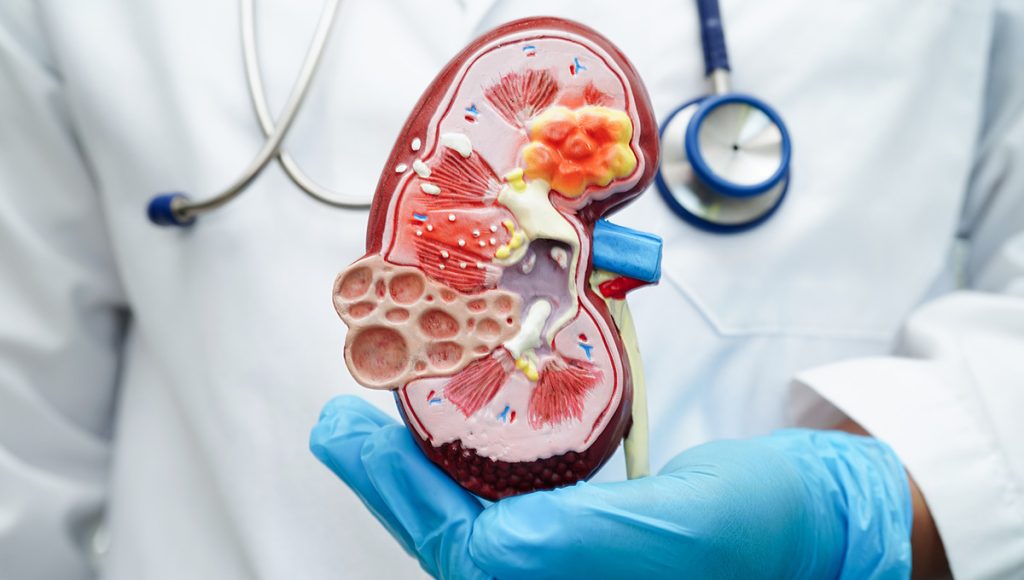Diabetes is a chronic metabolic disorder that affects over 10% of the global adult population, with type 2 diabetes accounting for more than 90% of cases. Managing diabetes effectively is crucial, as uncontrolled blood glucose levels can lead to severe complications, including cardiovascular disease (CVD), kidney dysfunction, nerve damage, and vision impairment.

While lifestyle modifications such as diet and exercise play a vital role in managing type 2 diabetes, many individuals require pharmaceutical intervention. Among the newer medications available, sodium-glucose cotransporter-2 (SGLT2) inhibitors and glucagon-like peptide-1 (GLP-1) receptor agonists have demonstrated substantial benefits in reducing cardiovascular risks.
Understanding Diabetes and Its Impact
Types of Diabetes
- Type 1 Diabetes – An autoimmune condition where the body ceases insulin production.
- Type 2 Diabetes – A condition where cells become resistant to insulin, often associated with obesity, inactivity, and genetic factors.
Since type 2 diabetes is the predominant form, most modern treatments focus on improving insulin sensitivity and glucose metabolism.
Common Medications for Type 2 Diabetes
Traditional and Newer Diabetes Treatments
- Metformin – The most commonly prescribed oral medication that reduces glucose production in the liver and increases insulin sensitivity.
- Dipeptidyl Peptidase-4 (DPP-4) Inhibitors – Stimulate insulin secretion while inhibiting glucagon production.
- GLP-1 Receptor Agonists – Stimulate insulin release, slow gastric emptying, and promote weight loss.
- SGLT2 Inhibitors – Reduce glucose reabsorption in the kidneys, leading to glucose excretion in urine.
Among these, SGLT2 inhibitors and GLP-1 agonists have emerged as leading choices for cardiovascular risk reduction in diabetes patients.
How SGLT2 and GLP-1 Medications Improve Cardiovascular Health
Findings from Recent Studies
A meta-analysis published in the Journal of the American Medical Association reviewed over 600 clinical trials to assess the effectiveness of these drugs in reducing cardiovascular complications. Researchers concluded that both SGLT2 inhibitors and GLP-1 agonists significantly lower the risk of major adverse cardiovascular events (MACE), but their benefits vary based on patient demographics.
Mechanisms Behind Cardiovascular Protection
According to Dr. Cheng-Han Chen, MD, an interventional cardiologist, these medications enhance cardiovascular health by:
- Lowering blood sugar levels.
- Reducing blood pressure.
- Promoting weight loss.
- Decreasing systemic inflammation.
- Improving blood vessel function.
The Role of Age in Diabetes Medication Efficacy
How Age Influences the Effectiveness of Diabetes Drugs
- SGLT2 Inhibitors – More effective in younger individuals for lowering blood glucose, but provide greater cardiovascular protection in older adults.
- GLP-1 Agonists – More effective at lowering HbA1c in older individuals, with cardiovascular benefits more pronounced in younger females.
Explanation for Age-Related Variations
Dr. Chen suggests that SGLT2 inhibitors may lose efficacy in older individuals due to declining kidney function, which affects how the drug works. Conversely, GLP-1 agonists appear to retain their effectiveness regardless of age-related kidney function decline.
Which Diabetes Medication is Best for Whom?
Factors to Consider When Choosing a Diabetes Medication
- For Younger Individuals (Especially Women) – GLP-1 agonists provide substantial cardiovascular protection.
- For Older Adults – SGLT2 inhibitors offer more pronounced cardiovascular benefits despite a slightly reduced blood sugar-lowering effect.
Personalized Diabetes Treatment Plans
Given the varying effects of these medications, healthcare providers should tailor prescriptions based on individual health status, age, and risk factors for cardiovascular diseases.
Both SGLT2 inhibitors and GLP-1 receptor agonists offer significant benefits in managing type 2 diabetes and reducing cardiovascular risks. However, their effectiveness varies based on age and gender. Understanding these nuances enables healthcare providers to optimize diabetes management strategies, enhancing both glycemic control and cardiovascular health outcomes.
FAQs
1. What are SGLT2 inhibitors and GLP-1 receptor agonists?
SGLT2 inhibitors are diabetes medications that help remove excess glucose through urine, while GLP-1 receptor agonists enhance insulin secretion and slow digestion, aiding in blood sugar control and weight management.
2. Which diabetes drug is better for heart health?
Both drug classes reduce cardiovascular risks, but SGLT2 inhibitors show greater benefits in older adults, while GLP-1 agonists are more effective in younger individuals, particularly women.
3. Can these medications help with weight loss?
Yes. GLP-1 receptor agonists are particularly effective for weight loss due to their appetite-suppressing properties, while SGLT2 inhibitors contribute by reducing excess glucose retention.
4. Are there any side effects of SGLT2 inhibitors and GLP-1 agonists?
Common side effects include urinary tract infections and dehydration for SGLT2 inhibitors, and nausea and digestive discomfort for GLP-1 agonists.
5. How should doctors decide which medication to prescribe?
Doctors consider factors such as age, kidney function, cardiovascular risk, and the patient’s overall health to determine the best medication option.




